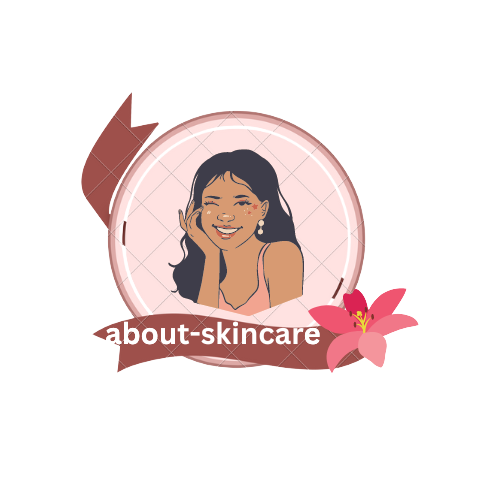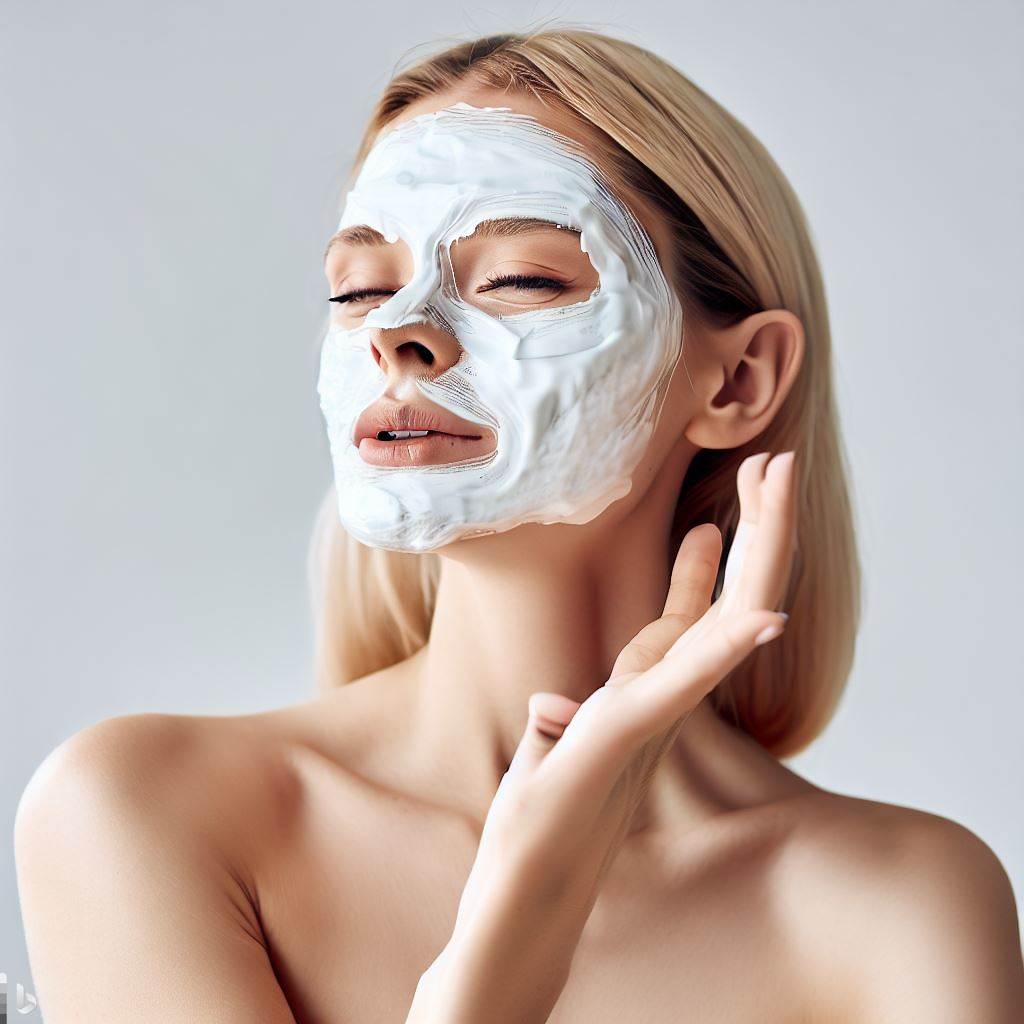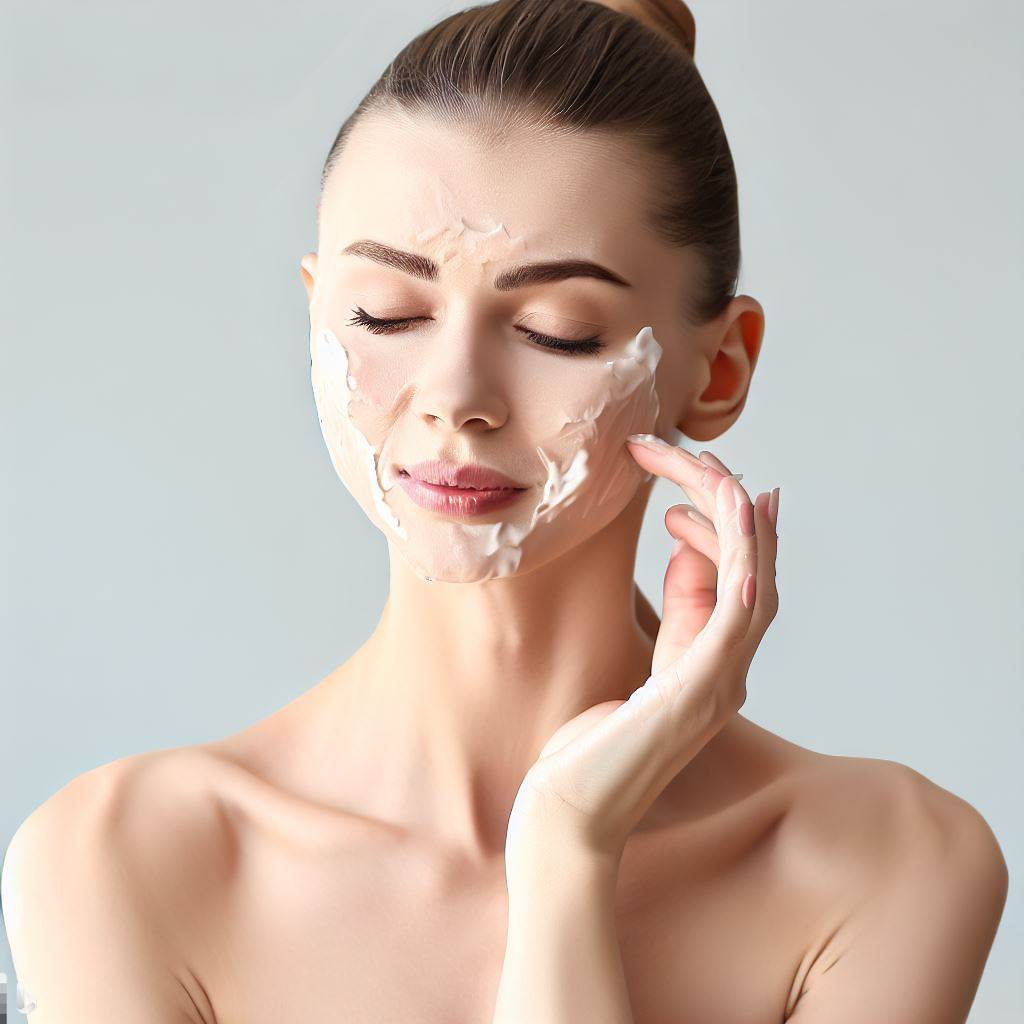Introduction
In the vast world of skincare, techniques and treatments have evolved immensely over the millennia. Yet, many of the most effective and revered methods can trace their origins back to ancient civilizations. Traditional skincare, rich in nature’s finest ingredients and tested by time, has managed to remain integral in the modern beauty world. This intricate weave of history and contemporary relevance offers not just beauty solutions but a story of our ancestors and their understanding of nature’s bounty.
The global journey of skincare reflects humanity’s innovation, resilience, and dedication to self-care. With the rise of commercial skincare products, one might assume that these age-old practices have faded into oblivion. However, the opposite is true. Modern beauty regimes are increasingly embracing these time-honored traditions, infusing their formulas with the wisdom of the past. This article sheds light on the world’s best-kept beauty secrets, focusing primarily on the transformative power of traditional face masks.
Table of Contents
The Ancient Roots of Skincare
As we delve deep into the annals of history, it becomes evident that our ancestors were not just pioneers in architecture, literature, and art; they were also the original beauty experts. Each civilization had its unique approach to skincare, many of which centered around the magic of face masks.
The significance of face masks in early civilizations
Face masks, in their varying forms, have been symbolic of luxury, wellness, and therapeutic practices. From the deserts of Egypt to the islands of Greece, masks have been a significant part of cultural beauty rituals.
- Ancient Egypt’s mud and honey masks: The Nile’s fertile lands blessed the Egyptians with a wealth of natural ingredients. Mud from the riverbanks, rich in minerals, was often combined with honey, a natural antibacterial, to create masks that cleansed and rejuvenated the skin. Cleopatra, the iconic Egyptian queen, was known for her radiant complexion, and such masks were rumored to be a part of her beauty arsenal.
- Greek olive oil and yogurt revitalizing masks: The Greeks, with their vast olive groves and dairy-rich diets, tapped into the nourishing properties of olive oil and yogurt. Olive oil, packed with antioxidants, was the perfect moisturizer for the sun-kissed Grecian skin. Yogurt, laden with lactic acid, acted as a gentle exfoliant, leaving the skin refreshed and radiant. Together, these ingredients formed a mask that was not just a beauty ritual but also a testament to the Grecian way of life.
As we create this detailed exploration, remember that the essence of the topic is not just about skincare but also a reflection of how civilizations respected and utilized nature’s offerings. The key is to offer insights that are both informative and relatable to a modern audience, helping them see the ageless charm of traditional skincare.
Asia’s Revered Skincare Rituals
Asia, a continent renowned for its diverse cultures and rich histories, is also a treasure trove of age-old skincare traditions. From the vast landscapes of China to the mystical lands of India, skincare has been an integral part of self-care and wellness for centuries.
China’s legacy with herbal and rice masks
The Middle Kingdom, with its millennia-old civilization, has always been a front-runner in harnessing nature for beauty. Traditional Chinese skincare leans heavily on herbal concoctions, believing in the power of nature to restore, rejuvenate, and revitalize.
- The power of ginseng and green tea in traditional Chinese skincare: Ginseng, often termed the ‘root of immortality’, has been a cornerstone in Chinese skincare. With its anti-aging properties and ability to boost skin hydration, it has been used in face masks to provide a youthful glow. Green tea, laden with antioxidants, offers a shield against free radicals, thereby preventing premature aging and enhancing skin health.
- Rice masks: Beyond being a dietary staple, rice has been pivotal in Chinese beauty regimes. Rice water, rich in vitamins and amino acids, brightens the skin and reduces hyperpigmentation. A mask made of rice flour can exfoliate and purify the skin, leaving it soft and luminous.
India’s age-old Ayurvedic face masks
India’s skincare traditions are deeply rooted in Ayurveda, a holistic healing system that emphasizes balance and wellness.
- Turmeric and chickpea flour: The golden mask of India: Turmeric, with its anti-inflammatory and antimicrobial properties, is a magic ingredient for radiant skin. Paired with chickpea flour, which acts as a gentle exfoliant, this mask addresses skin imperfections, offering a golden glow synonymous with Indian bridal rituals.
- The cooling Sandalwood and rosewater mask: A true testament to Ayurveda’s principle of balance, the cooling properties of sandalwood and rosewater help soothe irritated skin, reduce redness, and hydrate. This mask is a panacea for those sweltering Indian summers, offering relief and radiance.
The African Continent’s Natural Solutions
Africa, a land of contrasts, offers a rich tapestry of skincare traditions that reflect its diverse ecosystems, from lush rainforests to expansive savannas.
Moroccan Rhassoul clay masks
Tucked away in the Atlas Mountains of Morocco is a unique mineral-rich clay known as Rhassoul.
- Deep cleansing properties and historical importance: Used for centuries by Moroccan women, this clay is known for its unmatched ability to absorb excess oil and impurities. The mask, when applied, detoxifies the skin, tightens pores, and provides a deep cleanse, making it a revered beauty secret of the region.
West African Shea butter moisturizing masks
The Shea tree, indigenous to West Africa, provides a butter that has become synonymous with deep moisturization worldwide.
- Nourishment and anti-aging benefits: Rich in fatty acids and vitamins, Shea butter not only hydrates but also aids in collagen production. When used in masks, it combats dryness, reduces fine lines, and offers a protective barrier against harsh environmental factors, encapsulating the beauty wisdom of West African traditions.
By integrating these revered traditions into modern skincare, we don’t just embrace beauty but also celebrate the rich heritage and wisdom of diverse cultures.
Secrets from the Americas
The Americas, with their rich indigenous cultures and diverse ecosystems, are a testament to nature’s bounty and human ingenuity in skincare.
Aztec’s love for cacao and avocado masks
The Aztecs, one of the great civilizations of ancient Mexico, were not just warriors and architects but also pioneering beauty enthusiasts.
- Hydration and rejuvenation from the heart of Mexico: Cacao, often considered the ‘food of the gods’, was revered not just for its taste but also its skincare benefits. Rich in antioxidants, it fights free radicals, rejuvenates, and gives the skin a natural glow. Avocado, laden with vitamins and fatty acids, hydrates and nourishes the skin deeply. Combined, these ingredients form a potent mask that speaks to the heart of ancient Mexican beauty rituals.
Amazonian Acai and clay masks
The Amazon rainforest, often called ‘the lungs of the Earth’, is a treasure trove of unique flora with remarkable skincare benefits.
- The antioxidant powerhouse from South American rainforests: Acai berries, deep purple in hue, are a powerhouse of antioxidants. They not only fight the signs of aging but also revive dull skin. The clays from the Amazon, with their mineral-rich properties, detoxify and refine the skin. A mask combining these ingredients harnesses the raw power of the Amazon, offering rejuvenation and radiance.
European Elixirs for Radiant Skin
Europe, with its rich history, varied landscapes, and cultural mosaic, offers a unique blend of age-old skincare practices.
Mediterranean olive oil and red wine masks
The Mediterranean, with its sun-kissed shores and aromatic groves, has given the world some of its most cherished skincare ingredients.
- Antioxidants and anti-aging benefits from the vineyards: Olive oil, with its rich monounsaturated fats, moisturizes and fights signs of aging. Red wine, especially from the renowned vineyards of the region, is rich in resveratrol, a powerful antioxidant. A mask combining these two not only hydrates but also combats wrinkles and fine lines, capturing the essence of Mediterranean beauty secrets.
Nordic oat and honey masks
The Nordic regions, known for their stark landscapes and cold climates, have developed skincare solutions that offer warmth and comfort.
- Soothing properties from the colder regions: Oats, with their anti-inflammatory properties, soothe irritated skin and offer gentle exfoliation. Honey, a natural humectant, locks in moisture, ensuring skin remains hydrated in the harsh Nordic winters. A mask made from these ingredients is a testament to the resilience and ingenuity of the Nordic people, providing solace and softness in the biting cold.
By unraveling these secrets from the Americas and Europe, we bridge the gap between ancient wisdom and modern skincare needs, offering solutions that are both effective and deeply rooted in tradition.
Modern Integration of Traditional Masks
The evolving landscape of beauty and skincare has never been isolated from its roots. As we venture into the realm of advanced dermatological research and technology-driven skincare solutions, there’s an undeniable pull towards the purity and efficacy of traditional masks.
How current skincare brands are drawing inspiration from age-old recipes
In an era where consumers are increasingly conscious of what they put on their skin, brands are revisiting ancient recipes, seeking authenticity and effectiveness.
- Blending Tradition with Innovation: Modern skincare lines are infusing age-old ingredients like turmeric, ginseng, and olive oil into their products, backed by science, to provide targeted solutions. It’s not uncommon to find a serum or mask that boasts of Ayurvedic herbs or Amazonian fruits, validated by clinical tests.
- Customization & Personalization: With the understanding that ancient skincare was tailored to individual needs, brands are offering personalized solutions by blending traditional ingredients with contemporary formulations.
The importance of natural ingredients in contemporary skincare
The modern consumer’s shift towards clean, sustainable, and ethical beauty has put natural ingredients at the forefront of product development.
- Trust in Nature’s Potency: Natural ingredients, with their minimal processing, often retain a higher concentration of beneficial properties. Brands recognize this potency and are keen on formulating products that highlight these ingredients.
- Sustainability & Ethical Sourcing: Leveraging traditional ingredients also means supporting local communities that have cultivated and harvested these resources for generations. It’s a nod to both the ingredient’s efficacy and the ethos of sustainability.
Conclusion
As our exploration of the world’s best-kept beauty secrets draws to a close, one thing becomes clear: the magic of traditional skincare is timeless. These ancient rituals and recipes, passed down through generations, are not just about outer beauty but also a celebration of heritage, culture, and nature’s unparalleled bounty.
Encouraging the fusion of old-world knowledge with modern-day practices isn’t just a trend; it’s a testament to humanity’s continuous journey towards understanding and harmonizing with nature. It serves as a reminder that sometimes, the best solutions are those that have been with us all along, waiting to be rediscovered and revered.
By integrating these age-old traditions into our contemporary routines, we don’t just pay homage to the past; we ensure a future where beauty is holistic, sustainable, and truly radiant.




